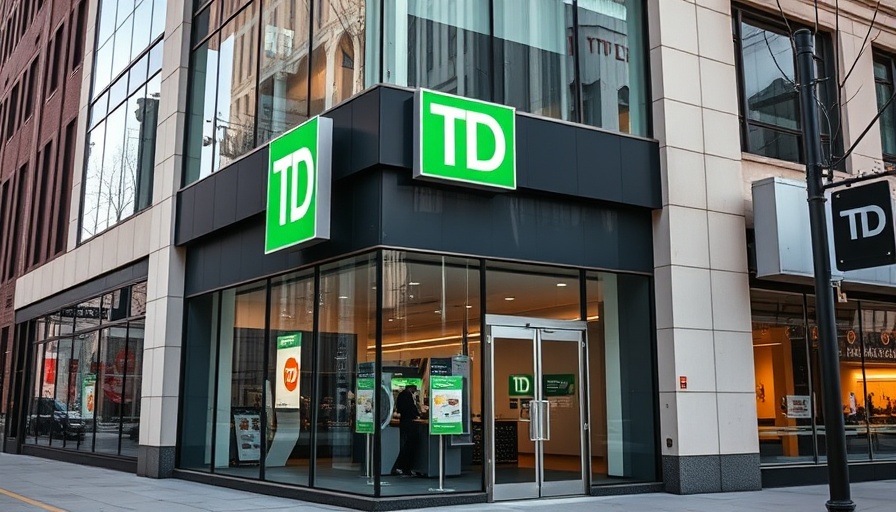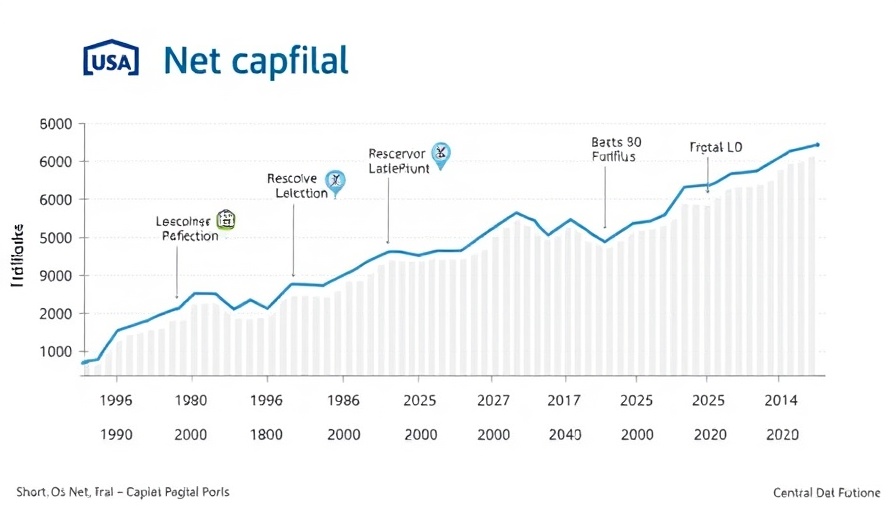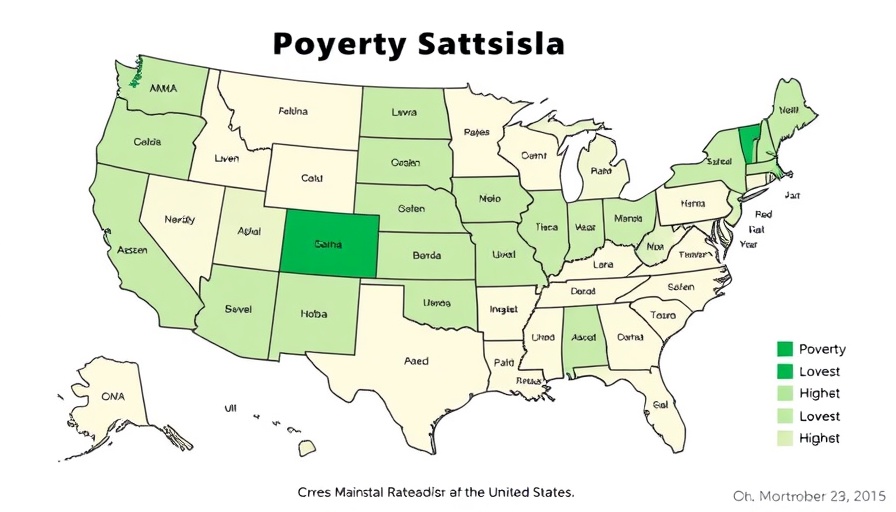
TD Bank's Strategic Retreat: A Cautionary Tale
TD Bank's recent announcement to shutter 38 branches, including four locations in the Philadelphia area, highlights critical challenges facing the banking sector today. This decision comes in the wake of significant penalties arising from regulatory investigations related to anti-money laundering compliance violations. Addressing the critical question, many are left wondering if these closures signal a larger trend in the banking industry or are simply a strategic realignment.
The Local Impact: Branch Closures in the Philadelphia Region
The closures affect branches in Chestnut Hill, Frazer, Morrisville, and Marlton, prompting concerns among local top wage earners who prioritize convenience in banking options. As TD Bank consolidates its operations across numerous states, including New Jersey and Massachusetts, it raises alarms about accessibility for customers. With digital banking on the rise, many fear that the move to close physical locations could alienate customers who prefer in-person banking experiences.
The Regulatory Backdrop: Why Now?
TD Bank’s consolidation coincides with a staggering $3.2 billion fine imposed due to past failures in complying with anti-money laundering regulations. Experts believe this shift not only aims to stabilize finances post-penalty but also to refocus the bank's strategic direction. As penalties take a significant toll on profits, banks may need to take aggressive measures, including branch closures.
Future Predictions: What Lies Ahead for TD Bank?
While TD Bank aims to optimize its branch network, the absence of plans to open new branches creates an air of uncertainty. Given its prior commitment to growth by opening 150 locations by 2027, what does this mean for the bank's future in the Philadelphia market? Financial analysts predict that without a significant restructuring of its operations and regulatory compliance framework, TD's local presence could continue to diminish.
Decision-Making for Residents: What Should You Do?
For local citizens and top wage earners, understanding the implications of these closures is essential. Consider reassessing banking needs and exploring newer digital banking options which are not just offering convenience but potentially better financial products. The overall potential transition could lead to a better banking experience.
In light of these developments, it’s crucial to stay informed about changes in banking regulations and possible impacts on services in your area. Residents should frequently engage in discussions with banking representatives to ensure they are getting the most from their financial institutions and understand the services available to them.
As the industry evolves, embracing the shift toward digital banking while ensuring that personal financial needs are met can foster a positive banking relationship.
 Add Row
Add Row  Add
Add 




Write A Comment